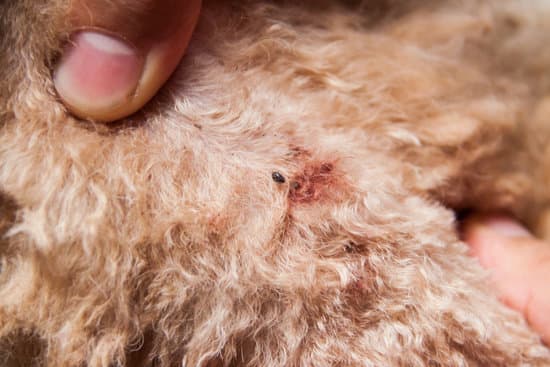Can Fleas Become Resistant to Flea Treatment?
Veterinarians are increasingly concerned that fleas may become resistant to flea treatment products. This is due to the fact that fleas have a high level of resistance to certain chemical compounds, and this means that the chemicals that we use may not be effective. Luckily, there are newer products that are less likely to cause resistance, and that should provide some relief to pet owners.
In order to prevent fleas from becoming resistant to insecticides, it is important to thoroughly clean your pet’s environment. Cleaning carpets with a beater-bar brush can help remove adult fleas and their eggs. The brushing process also helps aerate and dry out the carpet. Vacuuming can also help. Vacuuming soiled areas will also cause pre-emerging adults to emerge, which means you can capture them with insecticides.
Fleas usually live on your dog or cat and jump from one dog to another. These parasites are found outdoors almost anywhere, including grass. Once they find a host, they will stick to them for life. This is why it is so important to use a flea treatment for your pets at every opportunity. It is also important to know what fleas do and how they reproduce.
There are several different types of flea medications, but the most popular are oral chewable tablets and topical liquids. They come in different dosages, depending on the size and weight of your pet. Topical solutions are often applied with a few drops along your pet’s back or between its shoulder blades. Some of the popular topical treatments are Frontline(r) Plus, Revolution(r), and Vectra(r).








